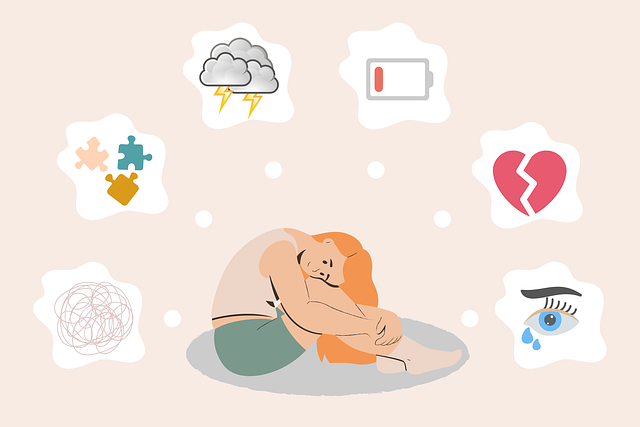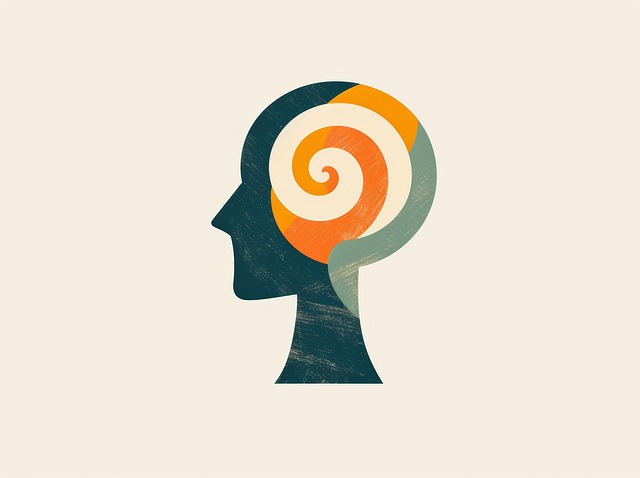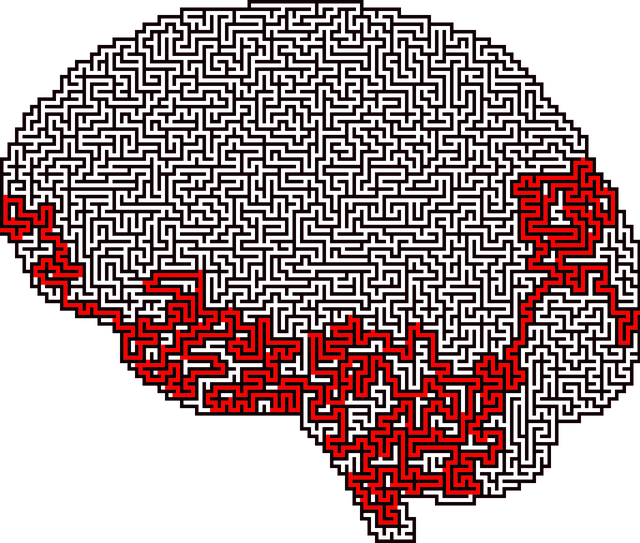Aurora Spiritual-Religious Issues Therapy offers a unique blend of faith-based practices and evidence-based therapy, creating a safe space for clients to explore self-awareness and build resilience. Crisis hotline services complement this approach by providing immediate, confidential support during mental health crises, encouraging self-reflection, and promoting self-care practices. These hotlines not only offer short-term relief but also facilitate long-term positive outcomes, fostering community, reducing isolation, and enhancing the management of future challenges, including those addressed by Aurora Spiritual-Religious Issues Therapy.
“In today’s fast-paced world, mental health crises can arise unexpectedly, demanding immediate support. This article explores vital resources for navigating such challenges through the lens of Aurora Spiritual-Religious Issues Therapy—a specialized service catering to complex needs. We delve into the crucial role of crisis hotline support, its immediate assistance, and long-term impact on individual well-being. Additionally, we provide practical guidance on accessing these services effectively.”
- Understanding Aurora Spiritual-Religious Issues Therapy: A Niche Service for Complex Needs
- The Role of Crisis Hotline Support: Immediate Assistance and Long-Term Impact
- Navigating Resources: How to Access and Utilize Mental Health Crisis Hotlines Effectively
Understanding Aurora Spiritual-Religious Issues Therapy: A Niche Service for Complex Needs

Aurora Spiritual-Religious Issues Therapy offers a specialized service addressing complex mental health needs often overlooked in traditional support systems. This unique approach recognizes the profound impact that spiritual and religious beliefs can have on an individual’s well-being, especially during crises. By integrating faith-based practices with evidence-based therapy techniques, Aurora provides a safe space for clients to explore their self-awareness exercises while fostering resilience.
The program is particularly tailored for healthcare providers facing burnout prevention strategies, as it equips them with tools to manage stress reduction methods effectively. Through this holistic support system, individuals can navigate challenging situations, gaining new perspectives and finding inner peace amidst turmoil.
The Role of Crisis Hotline Support: Immediate Assistance and Long-Term Impact

Crisis hotline support services play a pivotal role in immediate assistance during mental health crises, offering a safe and confidential space for individuals to express their struggles. Trained professionals provide active listening, empathy, and guidance, helping users navigate intense emotions and consider various coping strategies. This immediate intervention can prevent escalation and offer much-needed relief.
Beyond short-term support, these hotlines facilitate long-term positive outcomes. They encourage self-reflection, promote self-care practices such as developing a routine for mental health, and provide resources for ongoing therapy or treatment. Hotline interactions may even spark interest in exploring Aurora spiritual-religious issues therapy, enhancing coping mechanisms further. Moreover, they offer a sense of community and reduce feelings of isolation, boosting confidence and resilience to manage future challenges.
Navigating Resources: How to Access and Utilize Mental Health Crisis Hotlines Effectively

Navigating Resources: Accessing and Utilizing Mental Health Crisis Hotlines Effectively
Mental health crisis hotline support services are a crucial resource for individuals facing acute emotional distress or struggling with their mental well-being. When faced with overwhelming feelings of despair, anxiety, or other complex emotions, these hotlines provide immediate assistance through trained professionals who offer active listening, empathy building strategies, and guidance tailored to each caller’s unique situation. Whether it’s dealing with Aurora spiritual-religious issues, seeking therapy for depression prevention, or merely needing someone to talk to during a stressful period, the hotline offers a safe space to express oneself without judgment.
To make the most of these services, individuals should approach the conversation openly and honestly. Sharing details about their emotional healing processes and any specific triggers or concerns can help connect them with the right support. Hotline operators are trained to provide immediate relief while also offering practical steps for managing ongoing mental health challenges. Remember that accessing these resources is a proactive step towards self-care, ensuring individuals don’t feel isolated in their struggles and encouraging them to seek further professional help when needed.
In conclusion, mental health crisis hotline support services play a pivotal role in immediate assistance and long-term recovery. While Aurora Spiritual-Religious Issues Therapy offers a niche yet essential service for complex needs, effective navigation of resources is key to leveraging these hotlines. By understanding the unique benefits of each service and knowing how to access them, individuals can find the help they need, fostering healing and growth in their mental health journeys.














